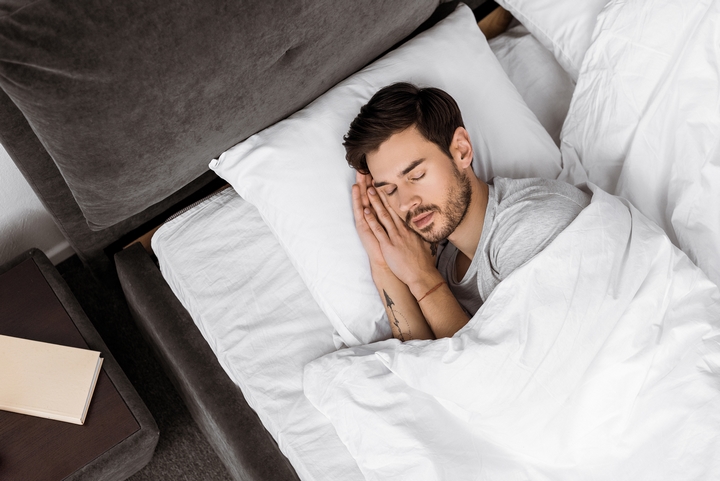When you experience a mild traumatic head injury, the common advice is to avoid sleep for a few hours. Sleep can be problematic when you see symptoms like dizziness, headaches, and confusion. However, resting is important, as it can be hard to wake someone up or to determine if something’s wrong when someone’s unresponsive. Eventually, though, obviously, everyone needs to sleep.
There are ways you can rest without risk. Here are the best tips for sleeping after a head injury.
Tip #1: See a physician and lawyer

Once you have seen a doctor in an emergency room or a physician elsewhere and evaluated for serious brain injuries, sleep can be considered safe. That said, there are some limitations on how sleep should happen. In addition, you should also visit a personal injury lawyer Pickering. This legal professional can help you seek legal compensation under some circumstances, alleviating your medical expenses.
Tip #2: Have someone to monitor your condition

If you’ve had a head injury, you may not notice when something’s very wrong. Have someone monitoring your condition, awake and asleep. When someone’s there, they can identify unusual behaviour, confusion, or if something is visually wrong. In an emergency, they can also provide you with travel to the nearest hospital.
Tip #3: Be prepared to wake up every few hours
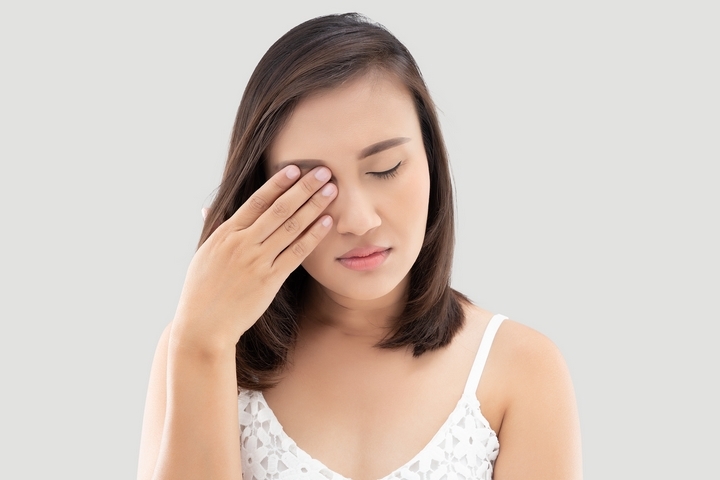
Regarding sleep, you may be advised to be woken up every few hours for the first three days. This is for the caregiver or the person monitoring you to confirm everything’s alright. To do this, asking simple questions and making sure someone’s responsive is all that’s needed. While this disrupts sleep, it will rule out anything serious that could go unnoticed.
Tip #4: Learn why may develop sleep difficulties
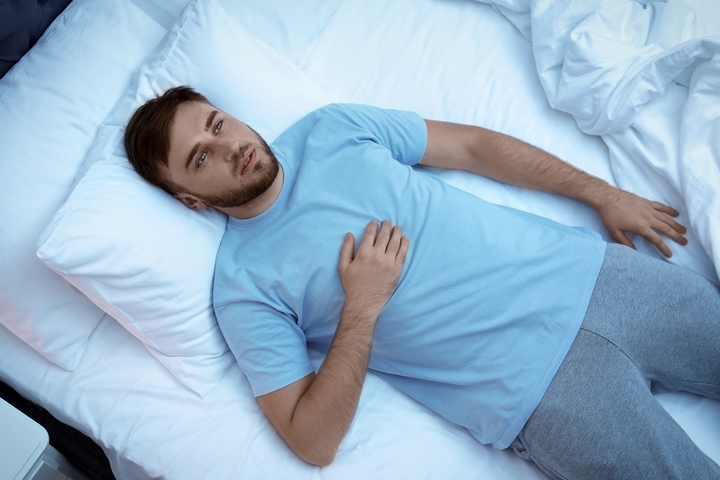
Over 3 in 4 people who have a concussion end up experiencing some form of sleep trouble afterward. A head injury can disrupt the sleep-wake cycle regulation mechanism in the brain. Here are some of the problems you may see.
- You may find yourself tired during the day.
- Taking extra naps will only worsen the difficulty sleeping at night.
- Having trouble falling asleep at night.
- Having trouble waking up early.
- Having difficulty staying asleep or falling back asleep after you have woken up.
- Developing sleep disorders, such as insomnia, circadian rhythm disorders, or sleep apnea.
Tip #5: Maintain a regular sleep-wake schedule

To combat this trouble, adopt a regular sleep-wake schedule. Create the conditions in which you are most likely to maximize your sleep. Sleep during the same hours every night. Skip naps during the day. When it’s time to wake up, even if you’re very tired, do your best to get up. In a few weeks, this will train the body to get used to sleeping and feeling tired only during certain hours.
Tip #6: Keep the bedroom comfy
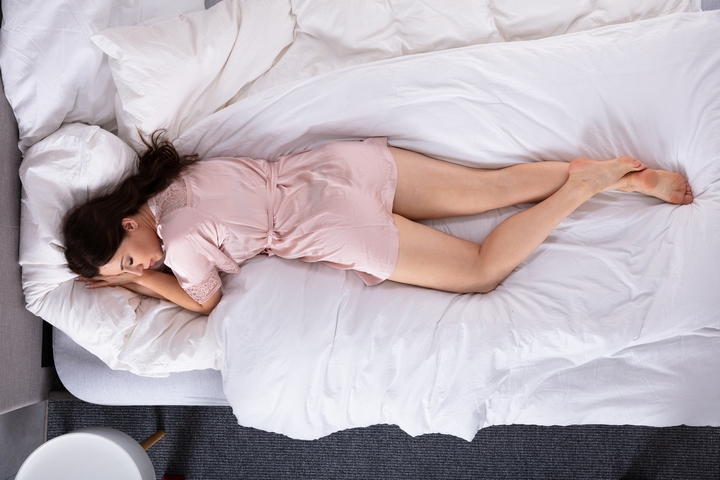
You are most likely to sleep well when you’re comfortable. For most people, this means a bed and bedroom cool in temperature. Adjust the temperature a little colder than you might normally have it. Ensure the bedroom is dark. Turn off all the lights or glows in the room. Most importantly, you want it quiet. If you’re somewhere that naturally isn’t very quiet, consider a white noise machine or alternative means of blocking out the sound that’s happening around you.
Tip #7: Relax and calm the body in the hours pre-bedtime

Three hours before bedtime, start winding down and calming the mind and body. If you’re having difficulty sleeping after a head injury, this will help train your body and indicate it’s time to sleep now. You can use an essential oil diffuser to spread a calming scent, take a warm shower, practise meditation or mindfulness during this time, or read or watch something on television that isn’t overly stressful.
Tip #8: Turn off your smartphone screen at bedtime
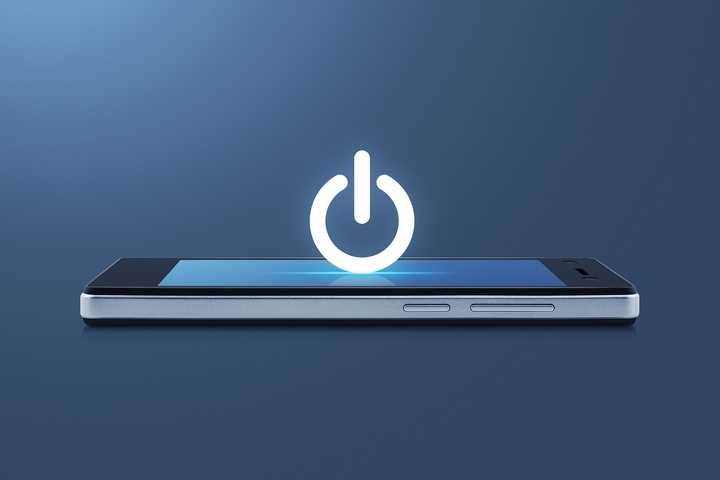
Screens keep us awake. When we can’t sleep, and our phone is right there, many of us will grab it. Avoid that. Remove any similar distractions from the bedroom. If you must keep your phone, that’s okay but don’t browse or use it when you should be sleeping. Bright screens only keep up awake. As you stop reaching for the phone, even though it may be tirelessly boring, eventually, your body will click in and realize it should be sleeping.
Tip #9: Try some light exercise

A great strategy to improve sleep quality is to exercise. After a head injury, though, you have to be careful. After 3-5 days, and if everything’s going okay, you can start exercising, beginning with walking. A nice walk after work or before bed can be calming. Even if you fit it in earlier in the day, any exercise will help the body rest come night.
Tip #10: Limit caffeine, stimulants, and non-sleep friendly substances

Reduce the foods, beverages, and substances that can interfere with sleep. Limit caffeine intake past dinner time. Limit nicotine and alcohol intake. Avoid large dinners or overeating that could keep you awake in bed.

